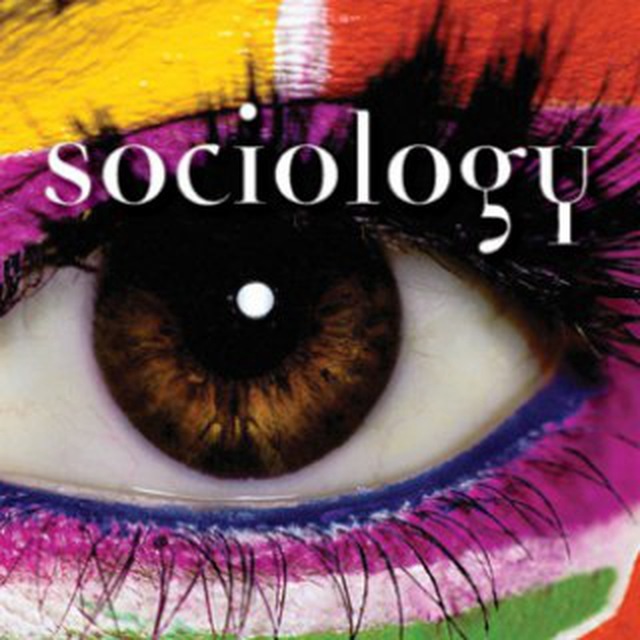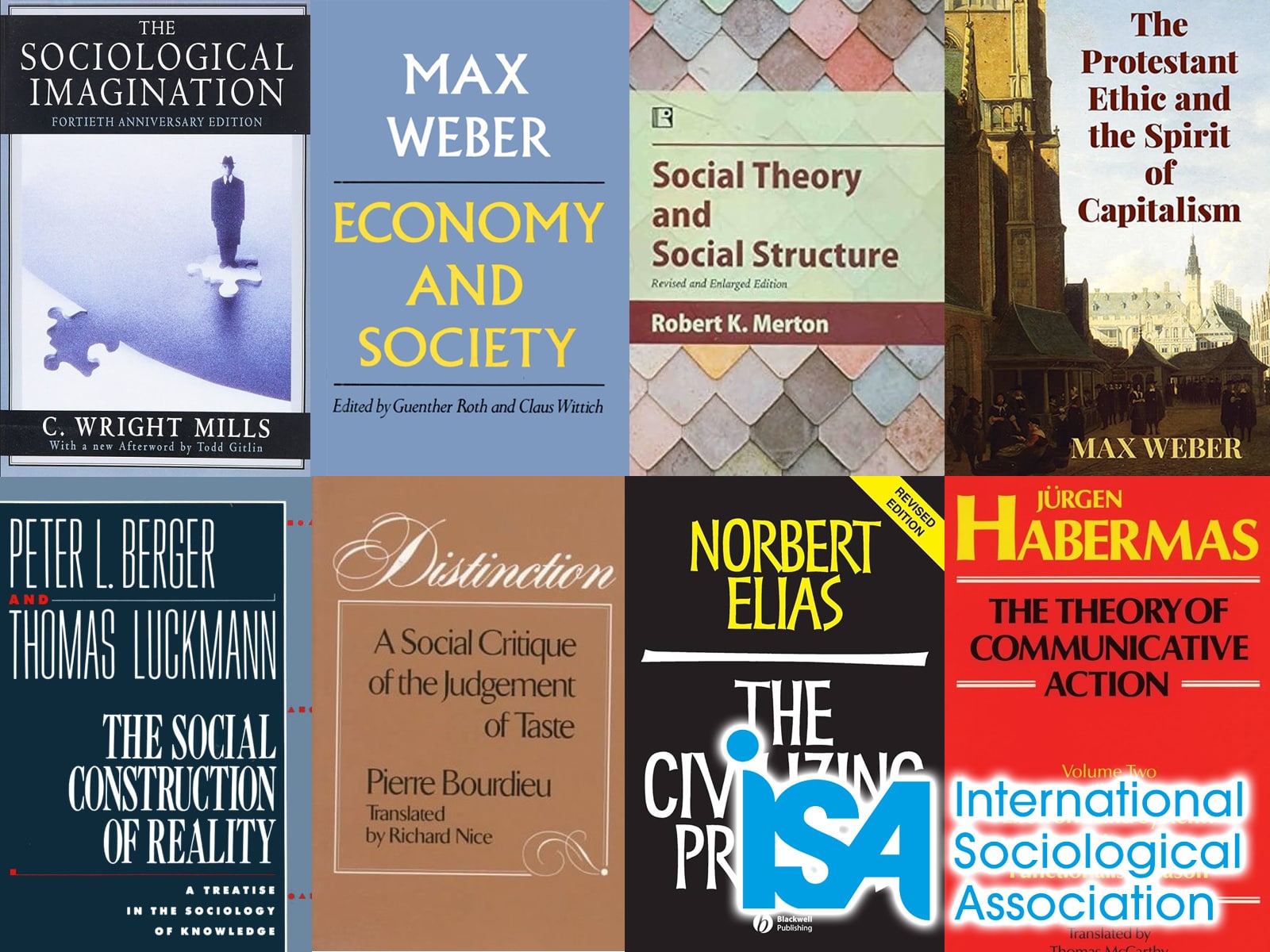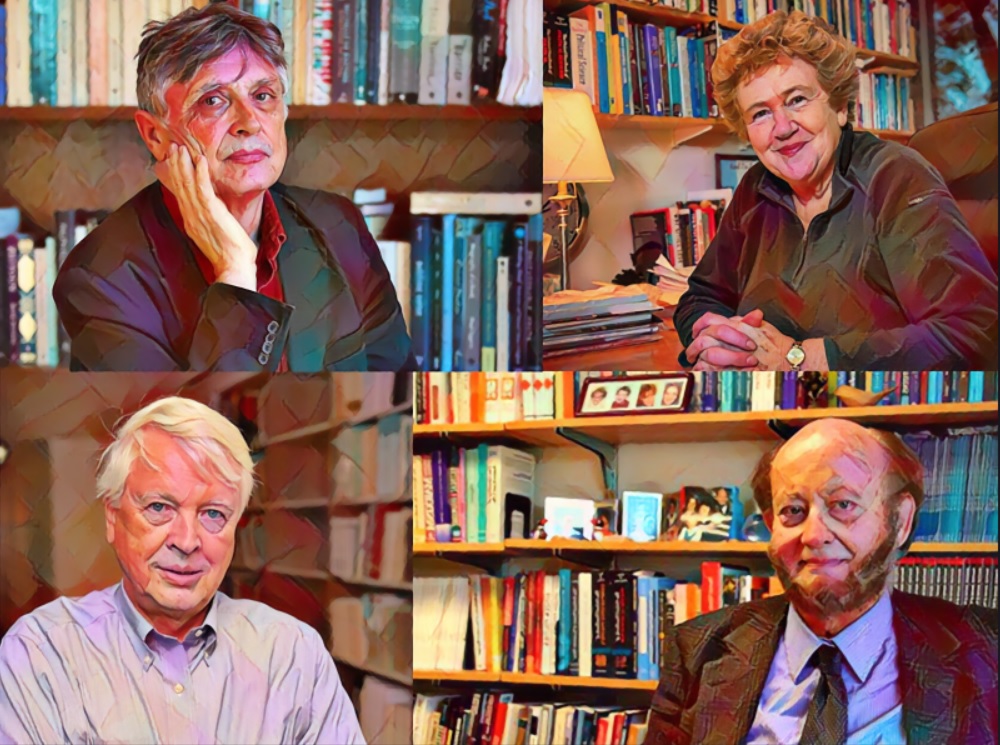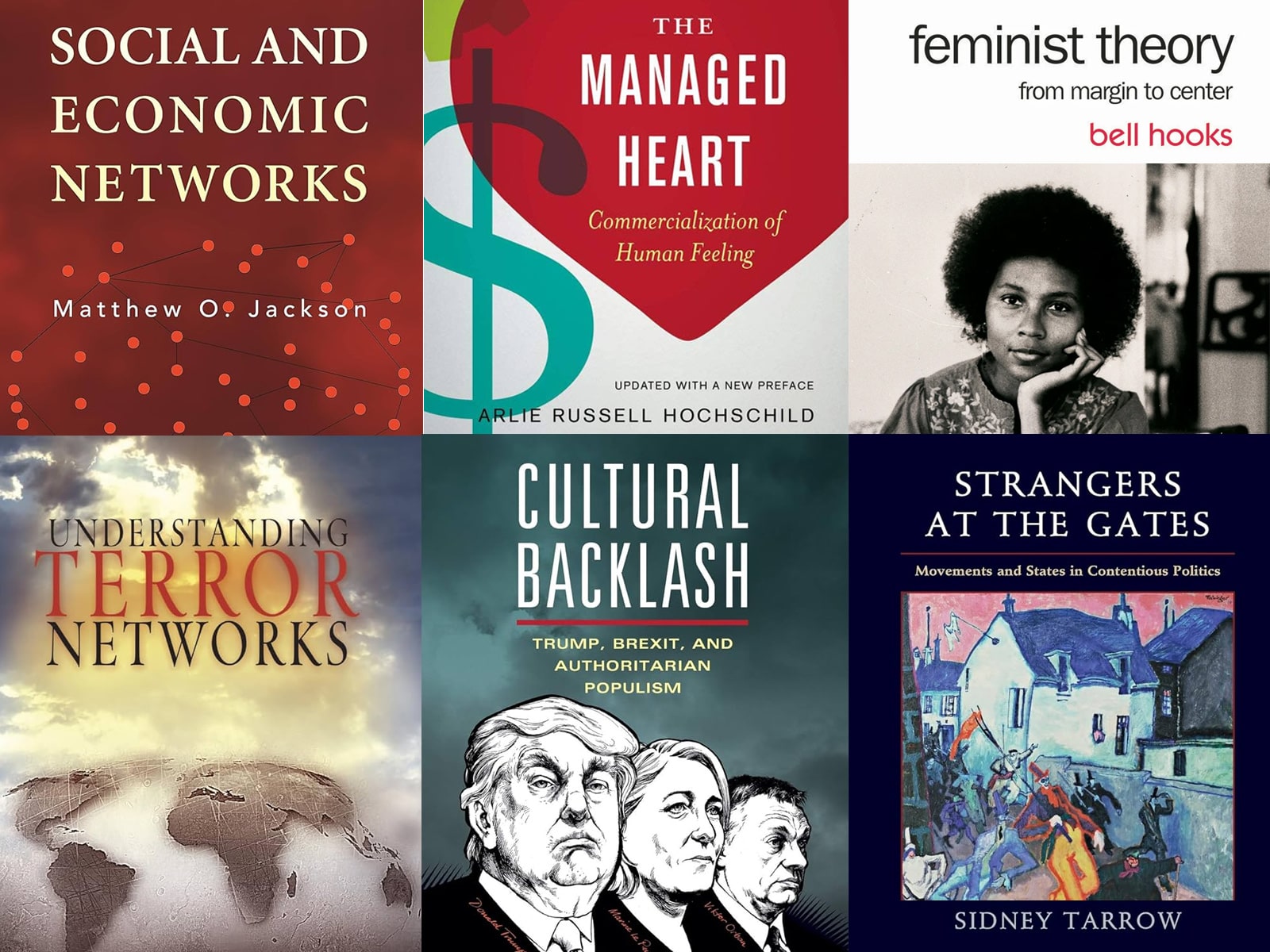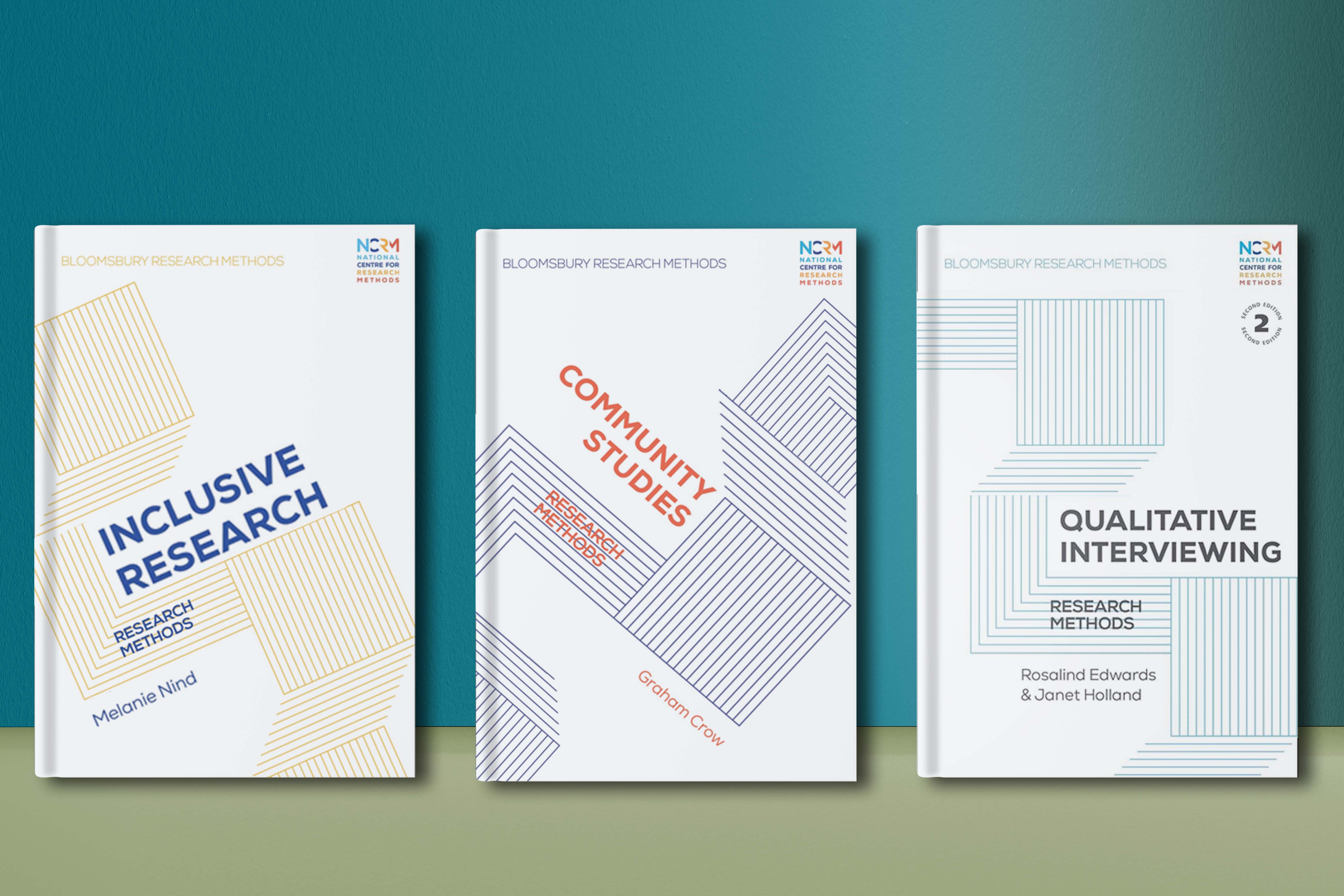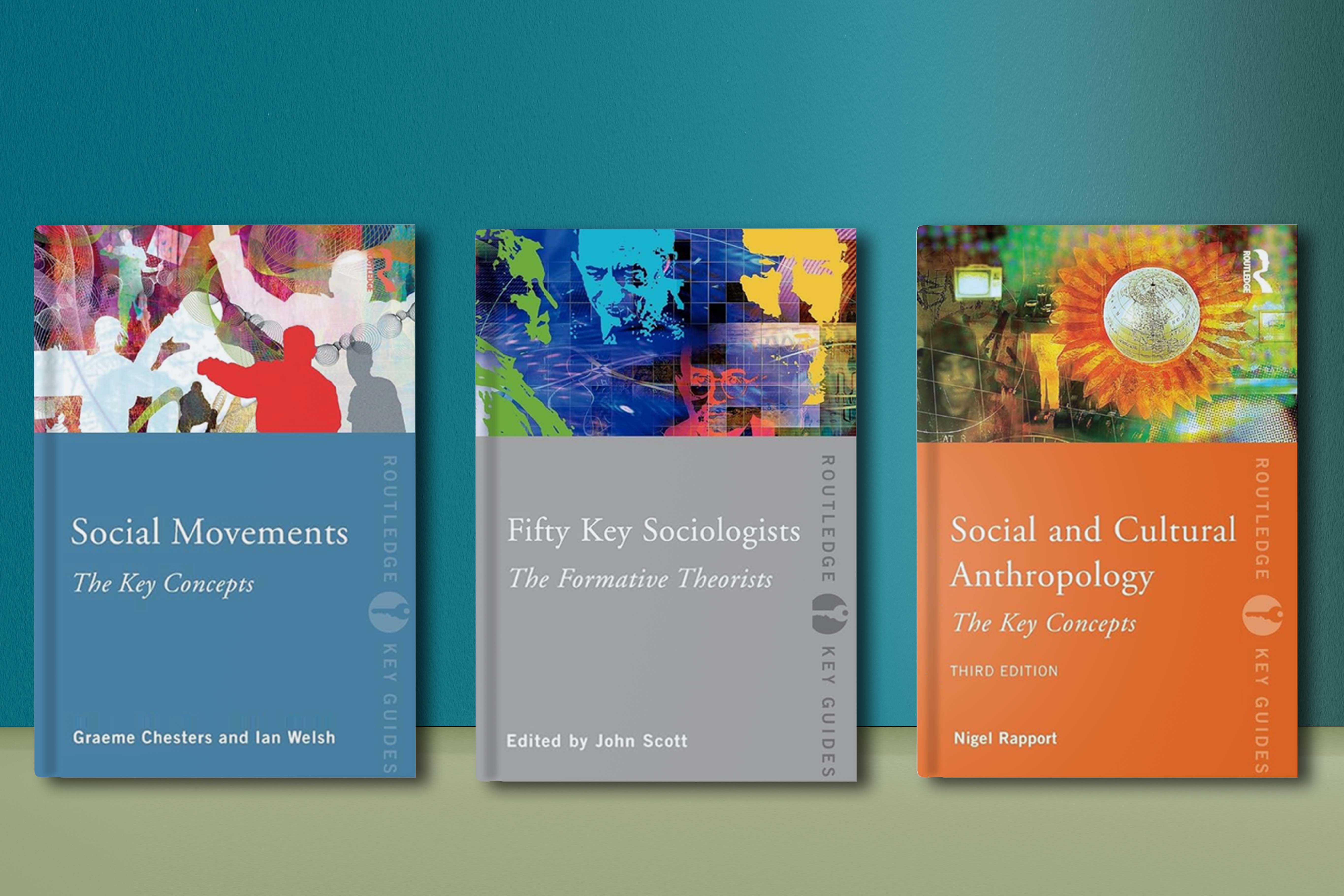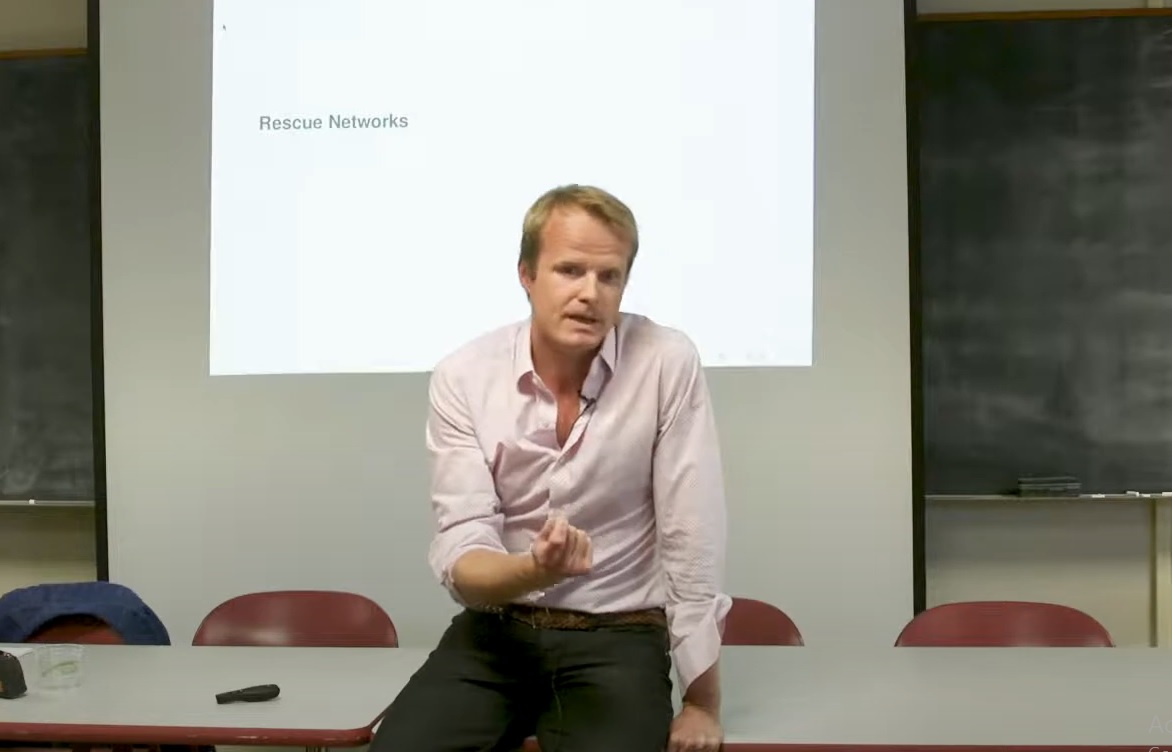
معرفی
-
کد و عنوان درس: SOC 1 – Introduction to Sociology UC Berkeley Sociology Department
-
استاد: دکتر رابرت براون (Robert Braun)
-
شیوه ارزیابی:
-
کوییزهای کتبی (۱۰٪)
-
میانترم (۲۵٪)
-
مقالهی پیشنویس (۵٪) و مقالهی نهایی (۲۰٪)
-
پروژه پایانی یا تکلیف نوشتاری (۲۰٪)
-
مشارکت در مباحث بخش (۱۵٪)
-
-
شیوه تدریس: ترکیب جلسات سخنرانی (Lecture) و نشستهای بحث (Discussion Sections)، همراه با مطالب ویدیویی و پادکست در پرتال bCourses
-
دسترسی به خواندنیها: تمامی منابع الزامی و تکمیلی بهصورت فایلهای PDF در پرتال bCourses بارگذاری شدهاند
برنامه درسی و منابع اصلی
چیستی جامعهشناسی
Mills, The Sociological ImaginationGladwell, “Getting In” (The New Yorker)
درباره جامعهشناسیDurkheim, Suicide . 152–170؛ 208–215؛ 217–222؛ 241–254؛ 276)
اختراع دنیای مدرنHarari, Sapiens (فصلهای منتخب)
نظریههای هویت اجتماعی Goffman, The Presentation of Self in Everyday Life
نقشها و تعاملات اجتماعی Berger & Luckmann, The Social Construction of Reality
طبقه و سرمایهMarx, Capital, Volume I (فصلهای منتخب)
نابرابری نژادیDu Bois, Black Reconstruction in America
نابرابری جنسیتیButler, Gender Trouble
خانواده و جامعهHochschild, The Time Bind
آموزش و بازتولید اجتماعی Bourdieu, Distinction
دین و جامعهWeber, The Protestant Ethic and the Spirit of Capitalism
جنبشهای اجتماعیCastells, The Rise of the Network Society
جهانیشدن و فرهنگGiddens, The Consequences of Modernity
 نگاهی به رشته
نگاهی به رشته
